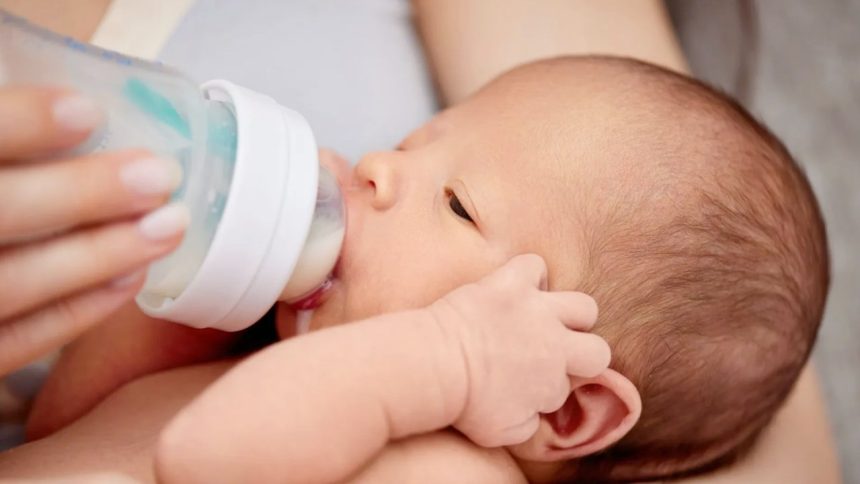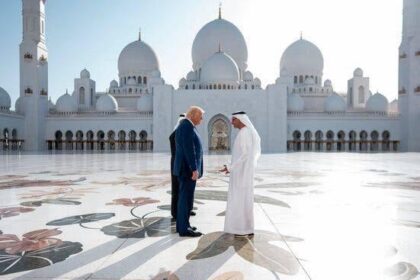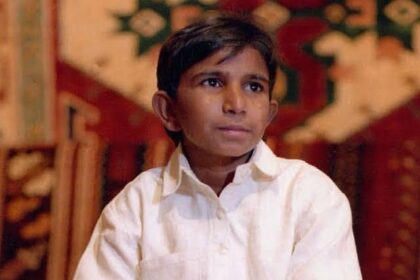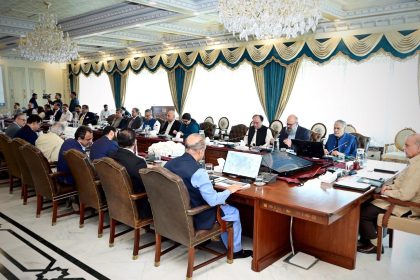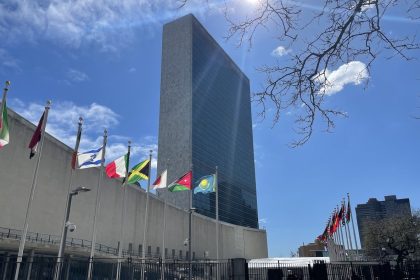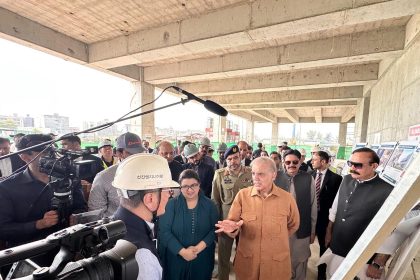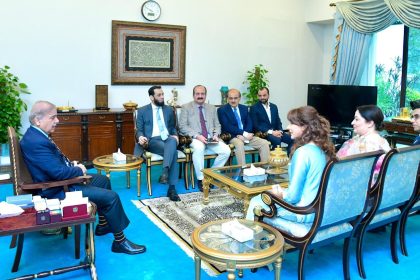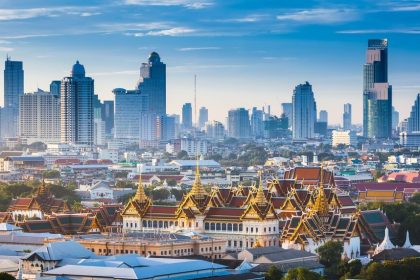I came to know from a section of the press that Pakistan’s first and only breast milk bank, literally offering a new lease on life, was recently shut down. The news was upsetting because the facility in Karachi, which was set up just a month ago at a hospital with the sole aim of providing much-needed nourishment to premature babies and subsequently improving their chances of survival, was forced to shut down its operations for being, as some clerics say against ‘religious values’.
Don’t you think the management knew what they were doing? Of course they did, which is why they had received a nod from Jamia Darul Uloom in Karachi, but sadly the seminary recently withdrew the approval. According to figures, neonatal mortality rate in Pakistan is very high. In fact, it is the highest in South Asia, with 39 of every 1,000 infants not surviving, while issues like malnutrition and stunted growth have been reportedly in a ‘good’ number of those who survived the first few years of their lives.
In such a situation, offering innovative solutions like breast milk banks, are not just beneficial but necessary. And this is not even a new concept, as such facilities are operational across the world, especially in developed countries, with the first human milk bank set up in Vienna, Austria, more than a century ago. Even Muslim countries like Iran, Malaysia and Turkey have such facilities. Some clerics here say there would be an issue of kinship, but don’t you think they are forgetting about what our religion says about saving lives, or just one life, for that matter?
It is important to understand that the milk bank was intended only for premature babies who would not survive without breast milk. The management explicitly announced that the process would be transparent, which means families of the infants would have complete knowledge about the donors. That would surely have taken care of concerns regarding kinship and future marital complications. There is a need for all stakeholders, especially policymakers, healthcare professionals, and religious leaders, to sit together and find a solution in this regard.




